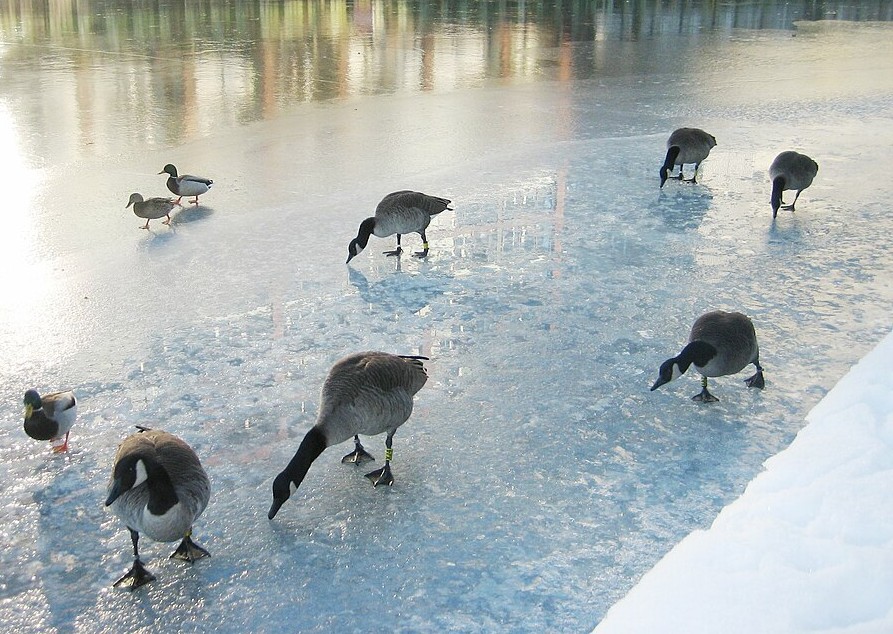By Doug Marrin
The Michigan Department of Natural Resources (DNR) is investigating the recent deaths of wild birds in Washtenaw County and other areas across Lower Michigan, suspecting the highly contagious avian influenza (HPAI) as the cause. According to the DNR, the virus appears widespread in the state’s wild bird populations.
So far this year, more than 300 dead birds have been reported in five Michigan counties, with about 100 found in Washtenaw County alone. The DNR has collected samples from several locations, including Washtenaw County, and sent them to Michigan State University for testing. Early results suggest bird flu, but official confirmation from federal labs could take weeks or even months.
What You Need to Know
HPAI is highly contagious and spreads through bird droppings and nasal discharge. While it’s a major concern for wildlife, the risk to humans remains low. However, the DNR urges caution. “If you find a dead wild bird, you should leave it alone; however, if you need to remove it, do not touch it with your bare hands. You should wear gloves and other personal protective equipment,” said Mitch Marcus, DNR Wildlife Health supervisor. “The best advice we can give is to treat every wild bird as though it has a disease.”
What to Do If You Find Dead Birds
Residents who come across multiple dead birds are encouraged to report them to the DNR at Michigan.gov/EyesInTheField. The DNR does not remove dead birds from private property, so property owners are responsible for disposal. The agency recommends double-bagging carcasses and disposing of them through regular trash pickup while wearing protective gear.
Impact on Wildlife
While the outbreak is concerning, the DNR does not expect major harm to Michigan’s duck, goose, or swan populations. “The populations immediately near the sites with positive test results could see a decline, but there should not be impacts to the statewide population,” said DNR wildlife biologist Kaitlyn Barnes.
Domestic Animals
The Michigan Department of Agriculture and Rural Development continues to closely monitor and respond to reports of sick domestic birds and HPAI throughout the state. Owners of backyard and commercial flocks and herds should continue to follow all MDARD biosecurity guidance to prevent and respond to outbreaks of HPAI, which can be found at https://tinyurl.com/ctz9jvzu.
Bird flu has been found in some feral and domestic cats, so officials recommend keeping pet cats indoors to prevent exposure. Although no cases have been reported in domestic dogs in the U.S., pet owners should keep dogs away from dead or sick wildlife.
The Centers for Disease Control and Prevention (CDC) says the risk to humans is low and encourages residents to stay cautious and follow safety guidelines.
Photo: Wikimedia Commons






 8123 Main St Suite 200 Dexter, MI 48130
8123 Main St Suite 200 Dexter, MI 48130


